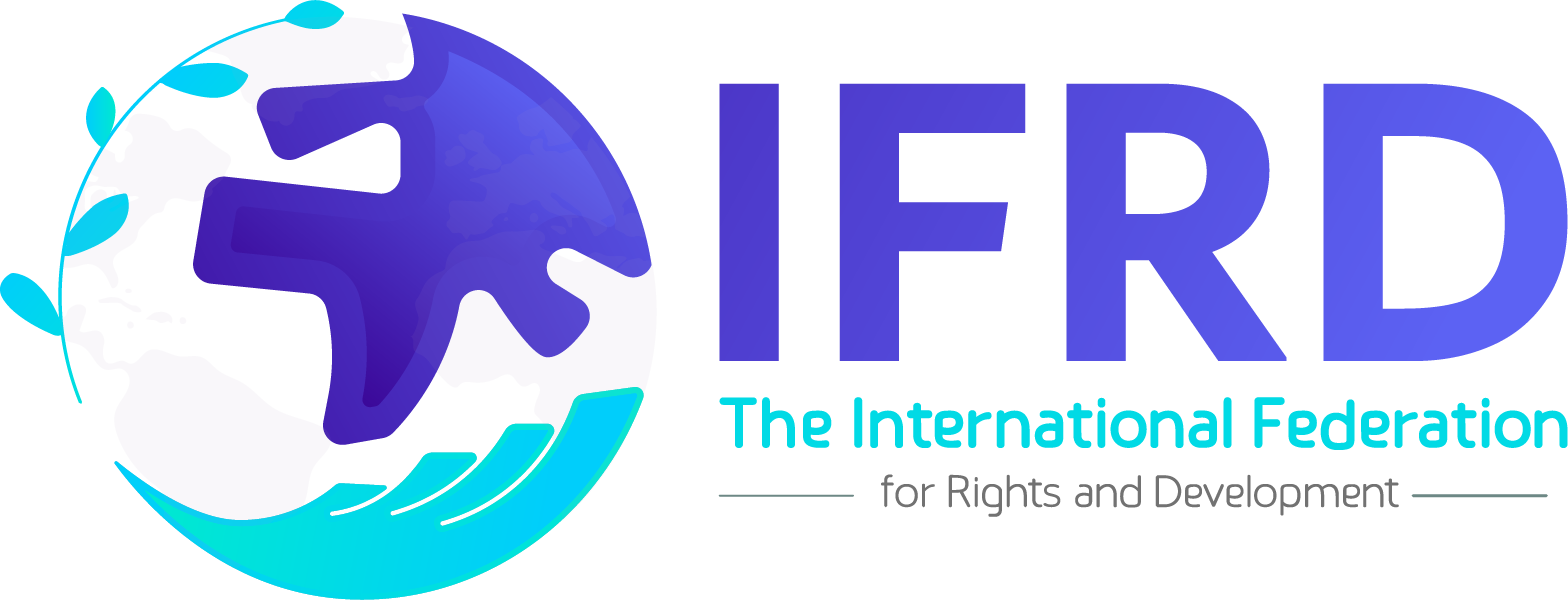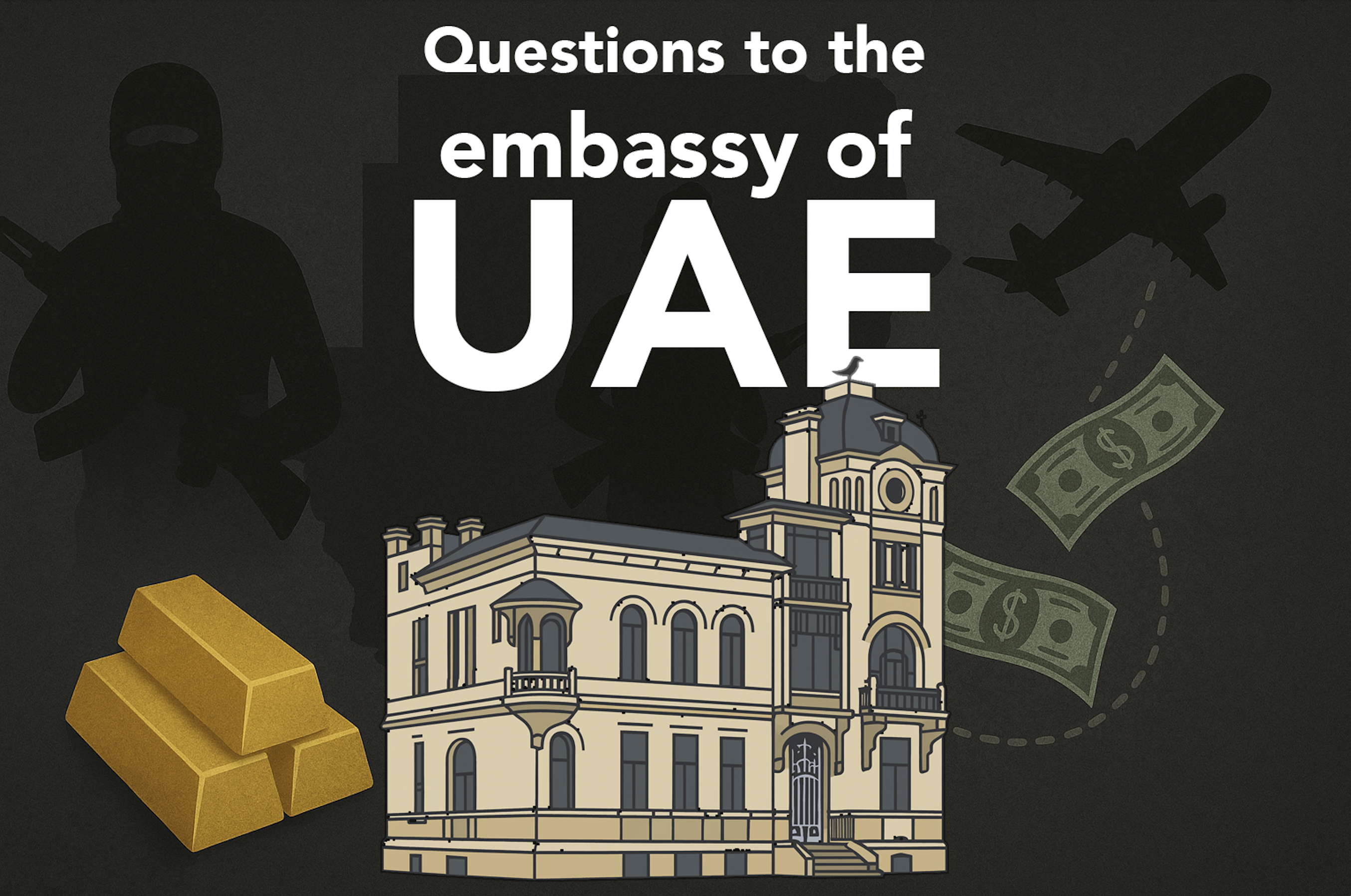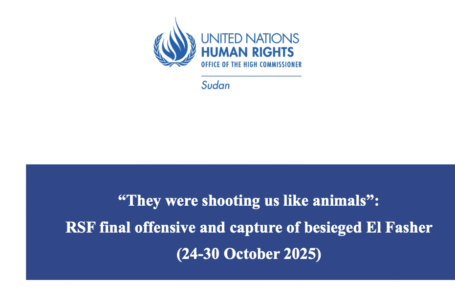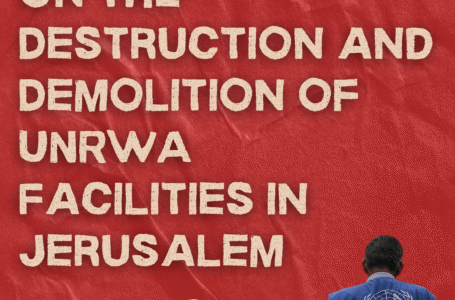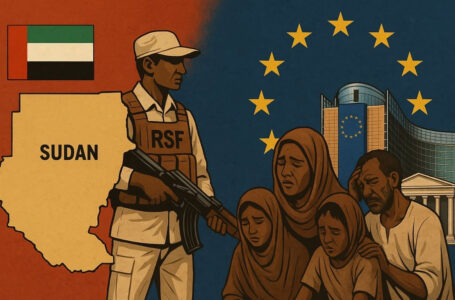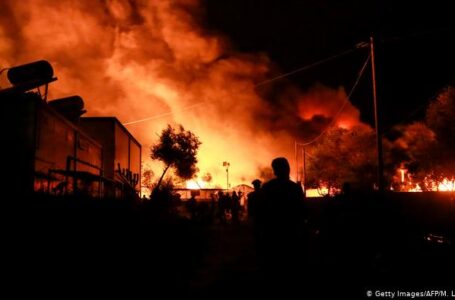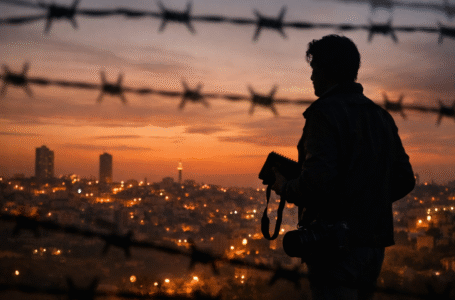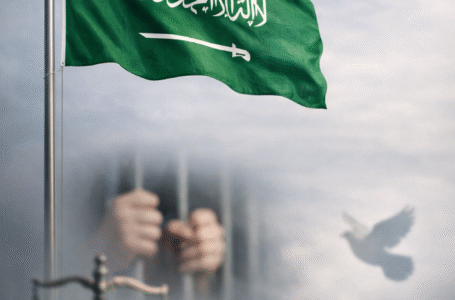Brussels, 17 November 2025
The International Federation for Rights and Development (IFRD) has provided detailed factual and legal input to Members of the European Parliament currently co-authoring a draft motion for a resolution on Sudan, the designation of the Rapid Support Forces (RSF) as a terrorist organisation, and the protection of Sudan’s sovereignty and civilian transition.
As a human rights organisation, IFRD’s contribution reflects years of documentation, testimony-gathering and engagement with survivors of atrocities in Darfur, Khartoum, El Fasher and other conflict-affected areas, with a particular focus on women, children and displaced communities.
The draft resolution text to which IFRD has contributed:
- Recognises the war in Sudan since April 2023 as one of the world’s gravest humanitarian and protection crises, marked by mass displacement, acute food insecurity and systematic human rights violations.
- Reaffirms Sudan’s sovereignty, unity and territorial integrity, and recognises the civilian government seated in Khartoum as the sole legitimate government of Sudan, pending a full Sudanese-owned civilian transition.
- Condemns the RSF’s record of atrocities, including mass killings, rape, sexual slavery, torture, enforced disappearances, attacks on hospitals and displacement sites, and the use of siege warfare and starvation as methods of war.
- Highlights the RSF’s origins in the Janjaweed militias and underlines that its conduct and tactics correspond to the terrorist offences and terrorist group criteria set out in Directive (EU) 2017/541.
Call for RSF terrorist designation and targeted sanctions
Based on this record and the applicable EU legal framework, IFRD’s input strongly supports language that:
- Calls on the High Representative/Vice-President and the Council to initiate the procedure to list the RSF as a terrorist organisation under EU law, in line with Common Position 2001/931/CFSP and Regulation (EC) No 2580/2001.
- Urges the Council to identify and list RSF leaders, commanders and associated entities responsible for or complicit in terrorist acts and grave violations of international human rights and humanitarian law.
- Stipulates that any listing must include comprehensive asset freezes, travel and entry restrictions, and strict prohibitions on making funds or economic resources available to RSF-linked actors, with robust humanitarian exemptions to protect life-saving assistance and legitimate commercial activity.
- Calls for targeted restrictive measures against financiers, arms suppliers and logistical facilitators of the RSF, including those who operate through complex corporate structures, neighbouring jurisdictions or regional hubs.
For IFRD, recognising and treating the RSF as a terrorist organisation is essential to dismantle its war economy, protect civilians and uphold the dignity of survivors.
External interference and the role of the UAE
IFRD’s input also supports clear and principled language on external interference, including:
- Expressing deep concern at credible reports that networks based in, or operating through, the United Arab Emirates (UAE) – including free zones, ports and overseas bases – have supplied weapons, dual-use items, financing and logistics to the RSF and laundered conflict-gold revenues, in violation of UN Security Council resolutions and EU restrictive measures.
- Condemning all forms of external interference that fuel the conflict in Sudan, including arms transfers, mercenary provision, gold-smuggling and money-laundering networks that undermine Sudan’s sovereignty and civilian transition.
- Urging the EU to address UAE-linked RSF financing and procurement networks in all relevant EU–UAE dialogues (including trade, AML/CFT and raw-materials talks) and to require full chain-of-custody traceability for gold and other raw materials entering the EU so they do not originate from RSF-controlled or RSF-laundered supply chains.
- Calling on UAE authorities to present a time-bound action plan to dismantle RSF-linked money-laundering, gold-smuggling and procurement networks, and warning that failure to take verifiable corrective steps should lead the EU to reconsider the provisional removal of the UAE from the EU high-risk AML list.
- Requesting investigations into named individuals and companies allegedly involved in RSF financing and procurement, and urging the Council to impose restrictive measures where competent authorities establish RSF ownership, control or facilitation.
IFRD’s position is that any state or private actor enabling RSF atrocities must face real political, financial and legal consequences.
Humanitarian access and protection of civilians
The input text also emphasises urgent protection needs, calling on the EU and Member States to:
- Demand immediate cessation of RSF attacks on civilians and civilian objects and the opening of safe, sustained and unhindered humanitarian corridors, including to Babnosa, El Obeid and all other besieged or hard-to-reach areas.
- Insist on safe evacuation routes for civilians, an end to starvation as a method of warfare, an end to conflict-related sexual and gender-based violence, and an end to ransom-based abductions.
- Significantly increase flexible and multi-year humanitarian funding for Sudan and neighbouring countries, with a particular focus on local responders, women-led organisations and services for survivors of conflict-related sexual violence.
Civilian transition, justice and the role of Sudanese civil society
Finally, IFRD’s contribution to the draft resolution underlines that:
- A genuinely civilian-led transition is the only sustainable path to peace in Sudan and must proceed from the recognised civilian government in Khartoum, not from armed groups or externally imposed alternative authorities.
- Sudan needs an inclusive roadmap to democracy, including a permanent ceasefire, demilitarisation of politics, credible elections and civilian oversight of security sector reform.
- Comprehensive transitional justice – including truth-seeking, reparations, vetting and institutional reform, forensic investigations and international prosecutions – is essential to break cycles of impunity, with particular attention to conflict-related sexual violence and crimes against children.
- Sudanese civil society – especially women’s organisations, resistance committees, trade unions, youth movements and marginalised communities – must be central to all peace talks and justice processes, and civilians, not armed actors or foreign proxies, must lead Sudan’s future.
IFRD calls on all political groups and Members of the European Parliament to support a strong, principled resolution that:
- Clearly recognises the RSF as a terrorist organisation on the basis of its actions;
- Defends Sudan’s sovereignty and the legitimacy of its civilian government;
- Confronts the external financial and logistical networks – including those operating through the UAE – that enable atrocities; and
- Places Sudanese civilians, survivors and human rights at the centre of EU policy.
IFRD will continue to work with Sudanese partners and EU institutions to ensure that the voices of victims and survivors guide Europe’s response to the crisis in Sudan.
